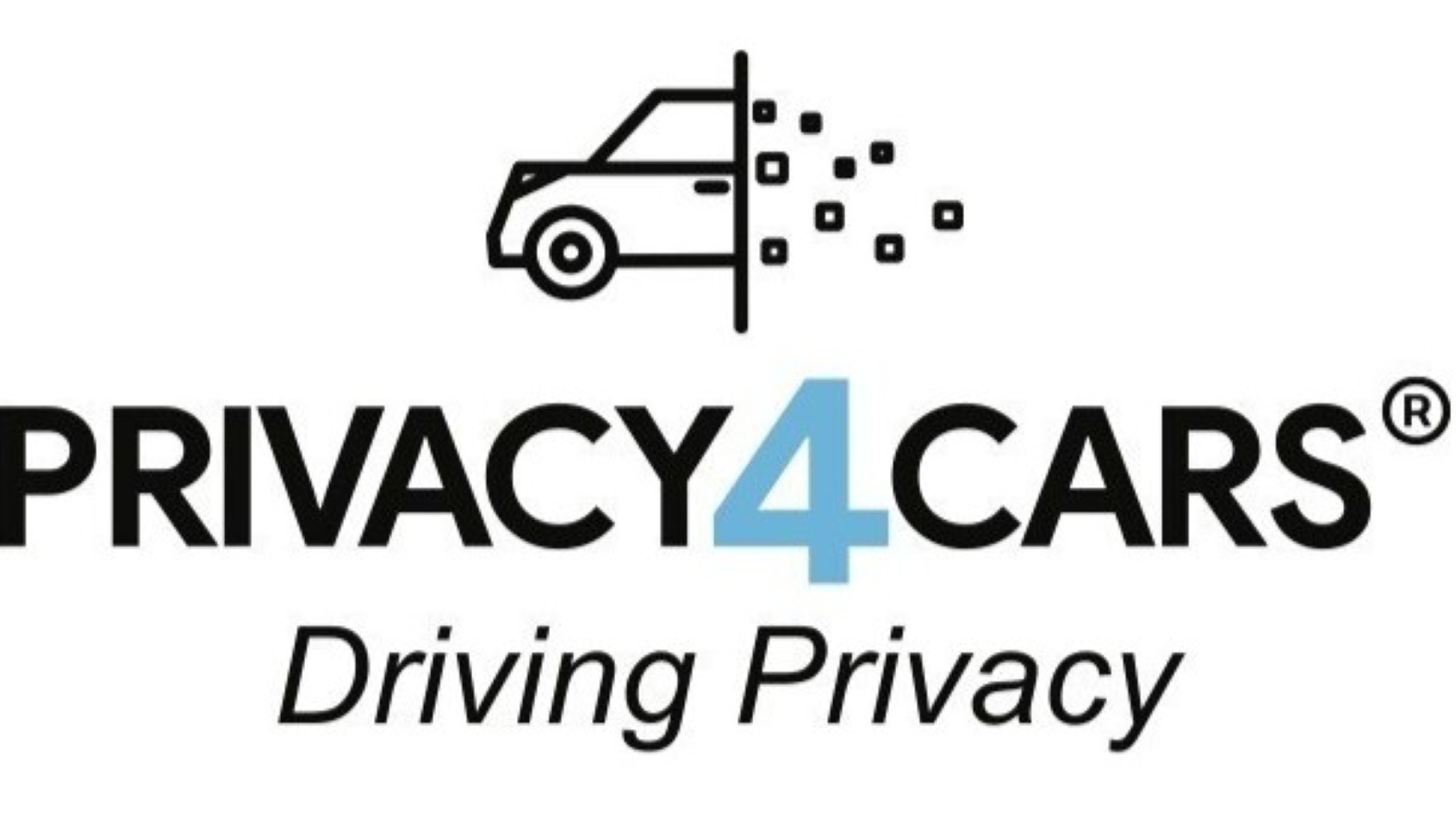Privacy4Cars’ 10th patent uses AI to generate privacy scores for vehicles

Image courtesy of Privacy4Cars.
By subscribing, you agree to receive communications from Auto Remarketing and our partners in accordance with our Privacy Policy. We may share your information with select partners and sponsors who may contact you about their products and services. You may unsubscribe at any time.
It’s patently obvious Privacy4Cars has reached a milestone.
The privacy-tech company was awarded its 10th patent by the U.S. Patent Office, this one for a system and method of generating dynamically variable multi-dimensional privacy ratings for vehicles.
The method will be featured in future expansions of Privacy4Cars’ Vehicle Privacy Report tool to enhance disclosures that help vehicle occupants understand the growing number of companies that are collecting, storing, using, making automated decisions, sharing and/or selling data about them through their connected cars.
“Keeping with our commitment to driving privacy, we’ve leveraged emerging AI tools and technologies to create a new process that computes a dynamic privacy rating for vehicles based on a multitude of both public and proprietary datasets,” Privacy4Cars CEO and founder Andrea Amico said. “Consumers and regulators alike have voiced the need for a single, comprehensive privacy rating system that quickly and dynamically rates and explains a vehicle’s privacy score and its underlying drivers, similarly to how vehicle safety ratings are communicated.”
Amico said the dynamic scoring system adjusts based on factors including changes in law and actions taken by consumers and/or companies.
“This new process is primed to become the universal standard for communicating vehicle privacy across the entire global automotive ecosystem and provides a roadmap for continuously improving privacy in vehicles,” he said.
Subscribe to Auto Remarketing to stay informed and stay ahead.
By subscribing, you agree to receive communications from Auto Remarketing and our partners in accordance with our Privacy Policy. We may share your information with select partners and sponsors who may contact you about their products and services. You may unsubscribe at any time.
U.S. Patent No. 12,287,904 focuses on generating AI models configured to generate scores for multiple attributes of one or more personal data-handling approaches associated with a vehicle and/or an in-vehicle unit that handles personal data of a user.
Privacy4Cars said it’s the first method to use artificial intelligence to create a dynamic scoring system and dynamic privacy-improving recommendations, adding it can be processed in real time with the input of a vehicle’s VIN or registration plate number.
The company said its latest patent uses the AI model and personal data-handling approaches that have been semantically analyzed to generate scores for the multiple attributes of each of the personal data-handling approaches, then processes the scores to generate a complete privacy score for the target vehicle, which can be dynamically adjusted for the vehicle based on privacy change factors.


